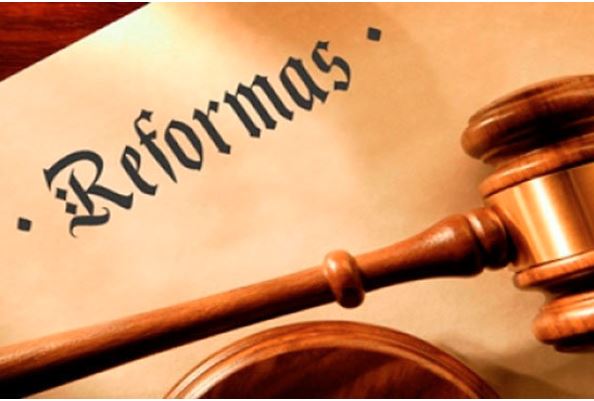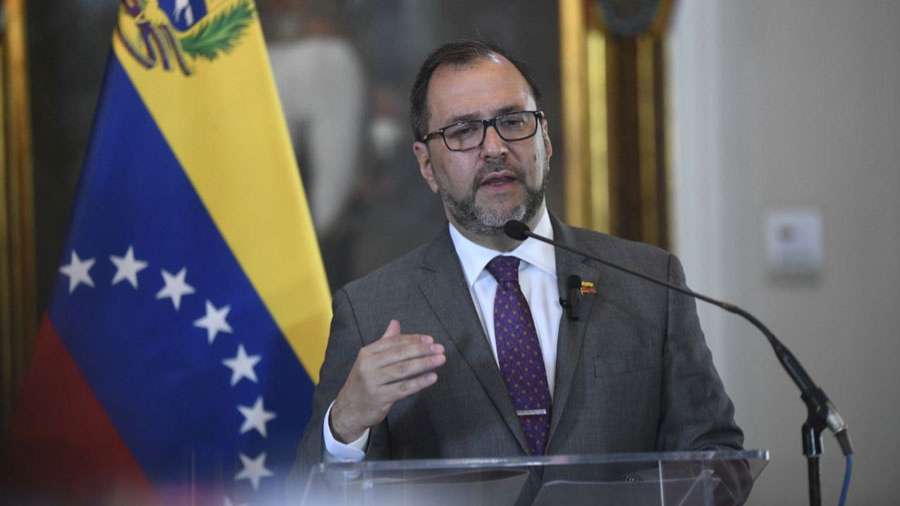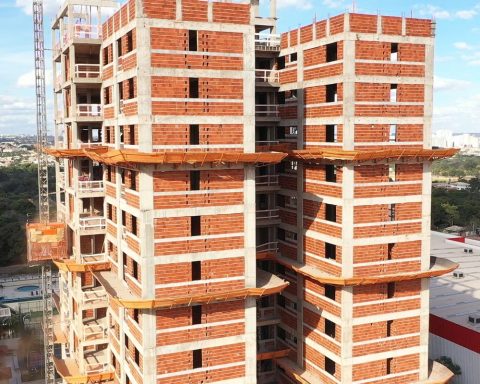While it is true that when we talk about reforms, in legal terms, we tend to think that it would always be a “Constitutional Reform”, and it is not surprising, if we take into account our constitutional history. However, as a society we have made progress and the country needs a series of reforms that make our entire legal system viable and effective, reforms that regulate new forms of work, recognize existing rights, reforms to the comprehensive health system, with a special emphasis on mental health or the reform that we have been waiting for 20 years to the Penal Code and the not so desired, but necessary, tax reform.
There are currently 70 pieces of legislation pending approval or adaptation, for the proper functioning of the provisions of the Constitution, provided that we are talking about the Constitution of 2010, since the proposed constitutional reform creates other legal reserves that would be mandatory for the changes that are intended to be implemented in said reform.
Of this number, 18 laws have not been created and 53 need urgent updating (adaptation to the model of the Social and Democratic State of Law). The laws that have not yet been created are: the law on the rights of citizen participation and social control mechanisms (Referendum and plebiscites mandated by articles 22, 203, 210 and 272 of the Constitution); compulsory civil or military service (article 75, numerals 3 and 4); access to titled real estate (article 51, numeral 2); anti-discrimination and promotion of equality between people (article 39, numerals 3, 4 and 5); and guarantees for whistleblowers of misconduct committed by public officials (article 22, numeral 5).
We must take into account that when a constitutional reform is available, legislative work slows down, priority is given to the reform and the approval of many other laws that must be approved by constitutional mandate is stopped: Law on the Right of Petition, Water Law, Law on Contentious-Administrative Jurisdiction, or projects that for years await congressional approval, such as the Penal Code, a historical debt of the National Congress, the body that has the responsibility of giving Dominican society a Penal Code in accordance with the new times, which punishes crimes and offenses not classified, such as pyramid fraud or the accumulation of penalties; the Civil Code and the Civil Procedure Code, all of these transversal to the Constitution and necessary for the new model of State that we currently have.
All of the above, together with the reform that is intended to be made to the Labor Code; without forgetting an Educational Pact to transform Dominican education, where tangible results are seen in educational quality and student performance that place us within international standards.
By means of Sentence TC/0304/14 the Constitutional Court recognized the power of the President of the Republic to promulgate laws and issue regulations, by establishing: “It is important to note that the Constitution of the Republic provides that the President of the Republic, in his capacity as head of State, is responsible for: b) Promulgating and publishing the laws and resolutions of the National Congress and ensuring their faithful execution. Issue decrees, regulations and instructions when necessary.” Where the constitutional capacity of the president to make transformations that impact in favor of democracy and justice without the need to carry out a constitutional reform is evident, because we must perpetuate as supreme rule that our Constitution must be protected from unnecessary and superfluous modifications.
















